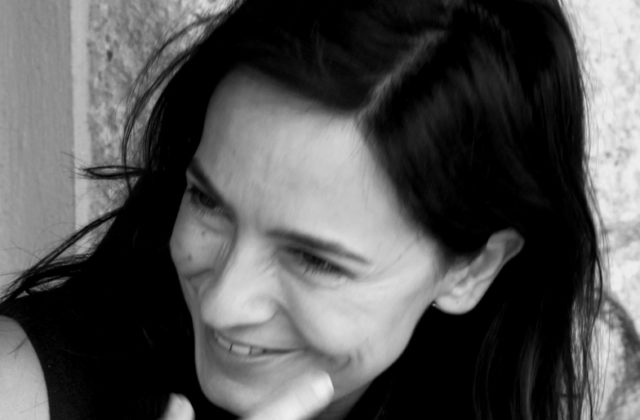Debt as Biopolitics: from macro-economics to the everyday cultures of household indebtedness
1) Which changes in actors and socio-cultural practices catalyzed increase in household debt?
2) What is the everyday impact of debt defaults along gendered, racialised and class/social status lines (deterioration in health, community and family relations, homelessness etc)?
3) What are the community family and personal practices developed to curtail debt defaults?
Project Description
The project reconceptualises debt as biopolitics in order to go beyond the limitations of analysing household debt as the inevitable result of housing financialization. Advancing an innovative research method (Debt Diaries) the project takes seriously the materiality of debt contracts as a technology of power that engineers an intimate relationship between human bodies and global financial markets. Focusing on thus far neglected actors (debt holders’ families, peers, local debt brokers, bailiffs, the police) the project aims to: 1) investigate the embodied socio-cultural practices that metamorphosed debt from a word associated with guilt, blame, and shame (Schuld ) to a word associated with homeownership and social climbing; and 2) document the ways in which signing a debt contract entangles the fabric of everyday life into the web of global financial markets.
Selected Publications
1) Garcia Lamarca, M and Kaika, M (2016) “Mortgaged lives: the biopolitics of debt and housing financialisation”. Transactions, Institute of British Geographers (ISI Rank #3 in Geography 41(3): 313-327)
2) Kaika, M. and L. Ruggiero (2016) Land Financialization as a ‘lived’ process: The transformation of Milan’s Bicocca by Pirelli. European Urban and Regional Studies 23 (1), 3-22.
3) Kaika, M (2017) Between compassion and racism: how the biopolitics of neoliberal welfare turns citizens into affective ‘idiots’. European Planning Studies 25 (8), 1275-1291
4) Kaika, M. (2017). ‘Don’t call me resilient again!’ The New Urban Agenda as immunology … or … what happens when communities refuse to be vaccinated with ‘smart cities’ and indicators. Environment and Urbanization, 29(1), 89-102. DOI: 10.1177/0956247816684763
5) Kaika, M. (2018). Between the frog and the eagle: claiming a ‘Scholarship of Presence’ for the Anthropocene. European Planning Studies, 26(9), 1714-1727. DOI: 10.1080/09654313.2018.1484893
